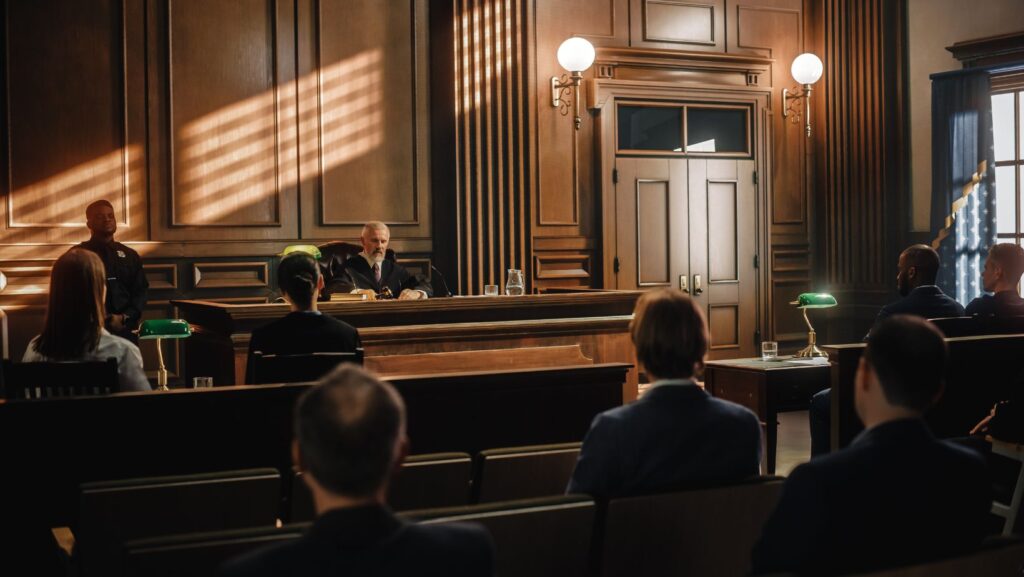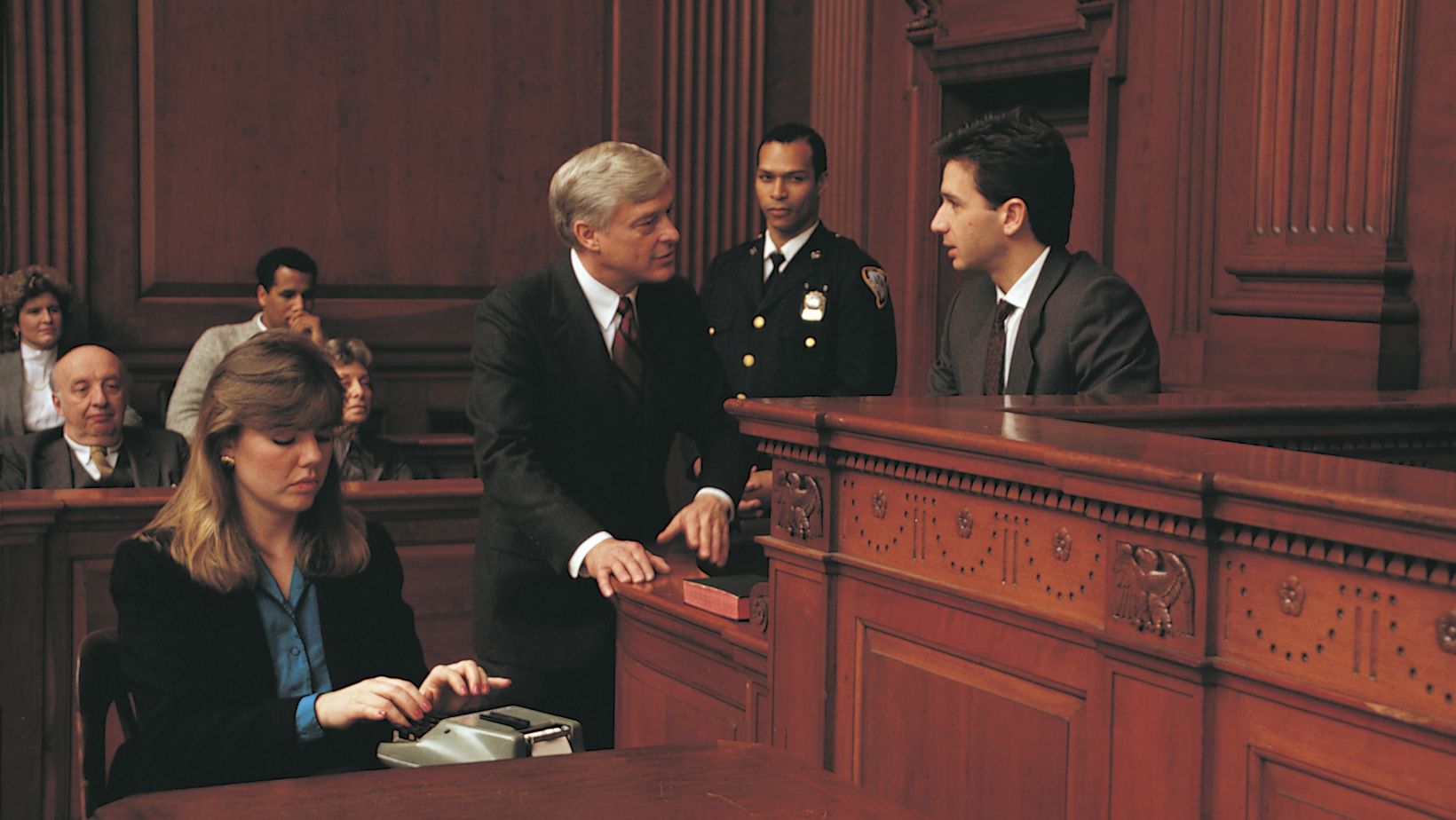
In July 2023, President Biden signed an order that transformed military misconduct investigations. The Fiscal Year 2022 National Defense Authorization Act contributed to these changes. Independent, specialized military prosecutors were given more authority to rule on serious crimes like sexual assault, domestic violence, and murder, among others.
A special court martial defense attorney from Aaron Meyer Law says the changes address how legal experts decide on general court martial cases. The executive order makes the system more fair and unbiased.
There are many general and special court martials. Their powers, processes, and punishments differ, and they can be complicated to understand. Keep in mind that both control the military and administer justice.
Let’s compare their composition, jurisdiction, and sentencing capabilities to provide a comprehensive overview of military law enforcement at different levels.
Overview of Court-Martial Proceedings
When someone is tried by court martial, a military tribunal is used. This tribunal determines the guilt or innocence of military law offenders. Rules and steps must be followed to have a fair trial.
An attorney from https://www.oakgroveattorney.com/ states that court martial defendants have the right to a lawyer. A lawyer can defend them and explain the military justice system. Prosecution will present witnesses and evidence that support the charges. The defense can then challenge the evidence and argue.
Military officers on the tribunal decide the verdict and (if necessary) sentence. The accused may appeal and request a retrial. Court-martials hold soldiers accountable and discipline the military.
Jurisdiction and Authority Differences
Understanding court-martial jurisdiction and authority differences is important to understanding military law.
Special courts-martial can try minor offenses that civilian courts don’t. This includes military discipline offenses like unauthorized absences and disrespecting superiors. Meanwhile, general courts-martial can try felonies and more serious offenses.
Military personnel and legal professionals must understand the jurisdiction and authority differences between special and general courts-martial.
Types of Offenses Tried
Recognizing military court offenses is important to understanding court martial proceedings. Courts-martial can try minor infractions to serious crimes.
Special courts-martial handle minor offenses, including unauthorized absence, disrespecting a superior, and disobeying orders.
General court martial handles murder, rape, and other felonies. These offenses are more serious and carry harsher penalties.
The level of court-martial jurisdiction needed to address the alleged misconduct depends on the offenses tried. Court-martial participants must understand the types of offenses tried in military courts to determine legal processes and outcomes.
Composition of the Court
Court composition depends on court-martial type.
At least three people and a military judge make up a special court martial. At least one officer from the accused branch is usually a member. The accused can request a military judge-only proceeding.
In the case of a general court martial, it is typically composed of five members and a military judge. This court-martial is usually presided over by senior officers, and the accused cannot be tried by a judge alone.
In both types of court martial, the accused can challenge any court member’s nomination for bias or prejudice.
Sentencing and Punitive Measures
Sentencing begins after a court-martial verdict. The presiding judge or panel will decide the punishment based on the severity of the offense and any mitigating or aggravating factors presented during the trial.
Court-martial sentences can include confinement, fines, rank reduction, pay forfeiture, extra duties, or a punitive discharge. The defendant’s record, the offense, and the case will determine the punishment. Mitigating factors and evidence that could reduce the punishment must be presented during sentencing.
Conclusion
Special and general court martial differ in jurisdiction, authority, offenses tried, court composition, and sentencing.
Understanding these distinctions can help military defendants deal with the court-martial process and know what to expect based on the severity of their charges.
Having a legal representative during the process is invaluable for the protection of your rights.









